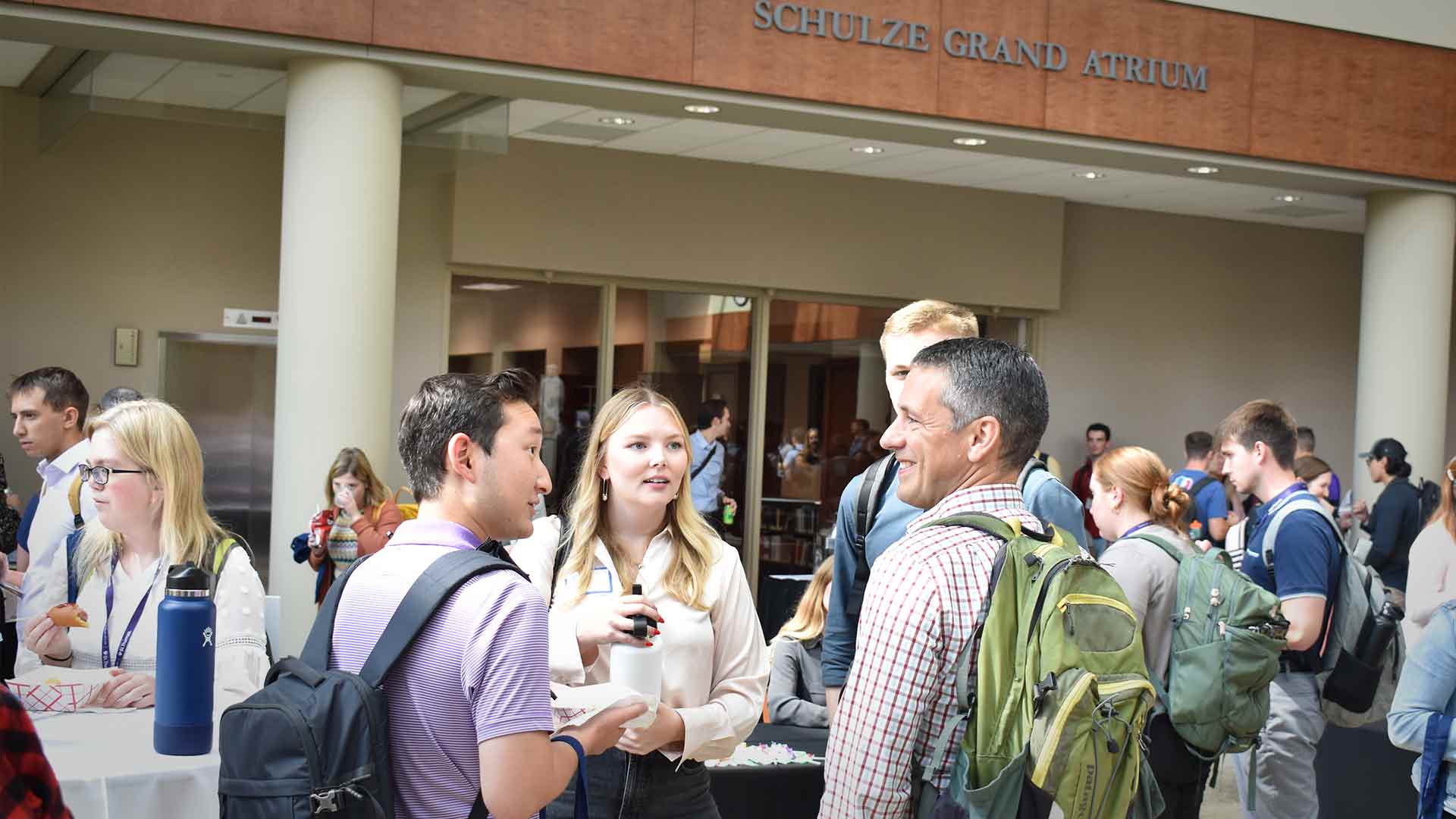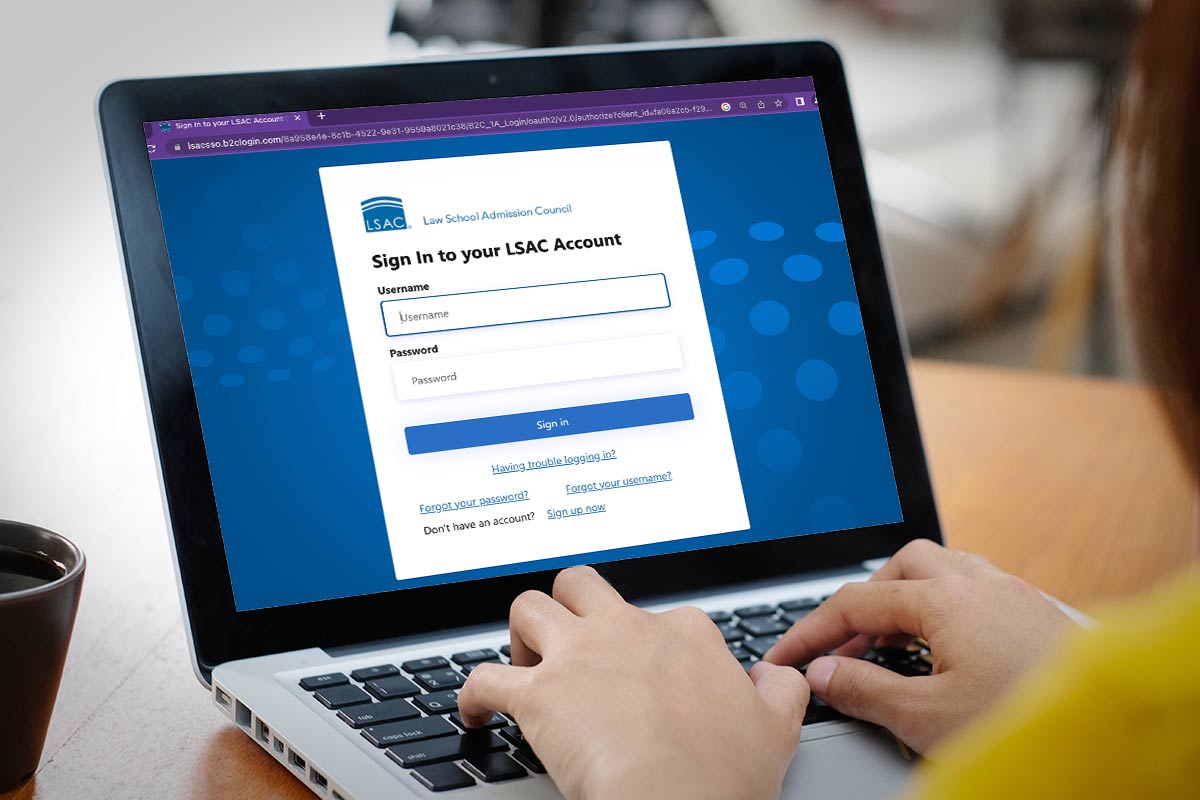Transfer & Visiting Students
Please contact the admissions office if you have any questions.
Submit the following materials through LSAC:
- A completed application
- Letter of good standing from the dean of the previous law school
- Letter of recommendation from a law school professor of the previous school
- Law school transcript
- Personal statement of transfer
- Official CAS Report (We will request a CAS Report on your behalf. Please confirm your registration through LSAC is up-to-date.)
Transfer applications will not be considered unless the student has completed at least one year at an ABA-accredited law school, except in extraordinary circumstances. Please refer to our Policy Manual for more detailed information regarding transfer eligibility and the transferring of credits.
Submit the following materials:
- A completed application (link below)
- Law school transcript (Applicant must be in good academic standing at an ABA-approved law school.)
- Personal statement as to why the applicant would like to attend St. Thomas Law as a visiting student
- CAS Report (This can be a copy from the admissions office at current law school.)
- Written permission from the degree granting school (This can be done after an offer of admission is extended.)
Additional Information can be found on the graduate admission requirements for international applicants webpage.



